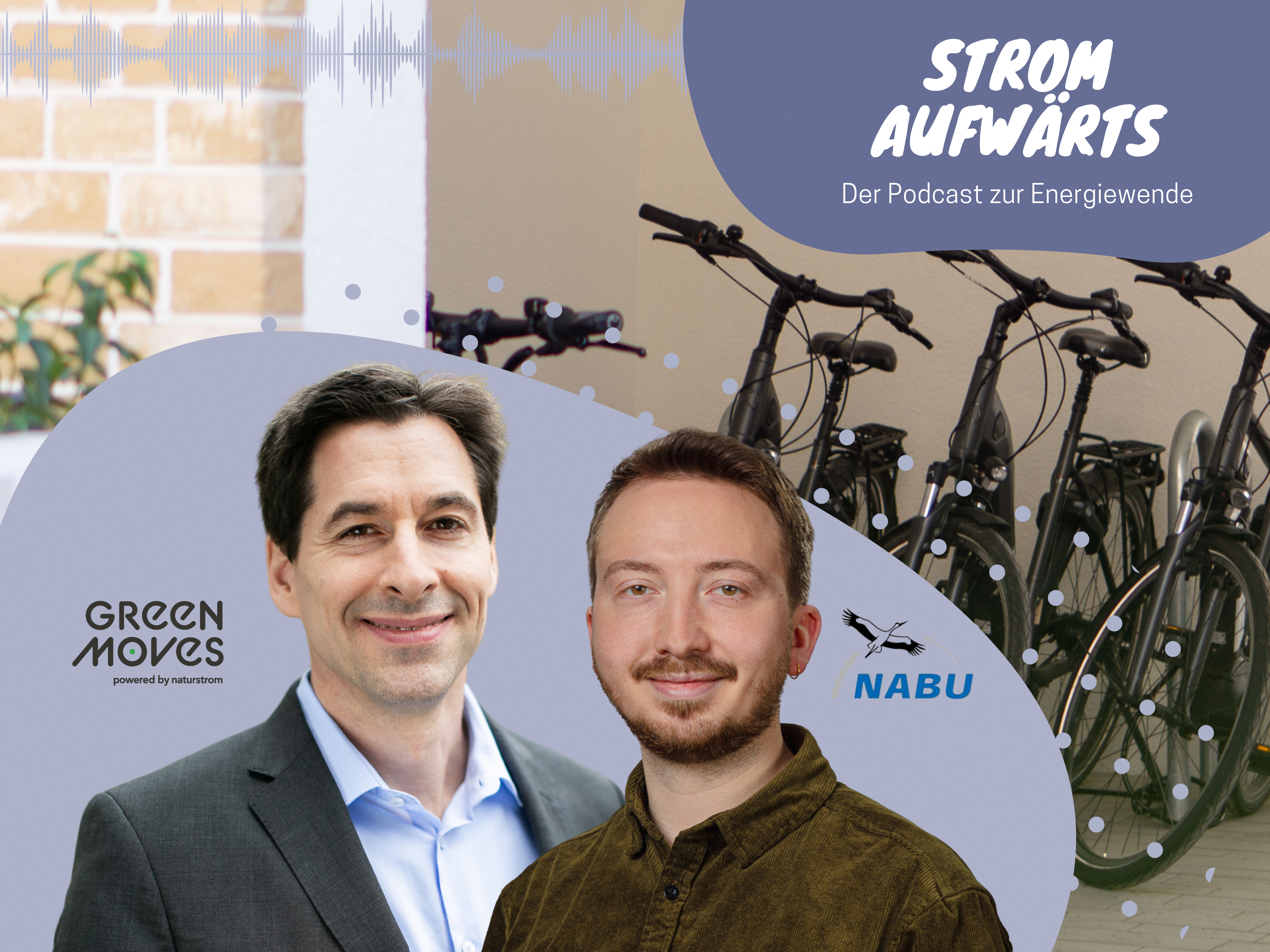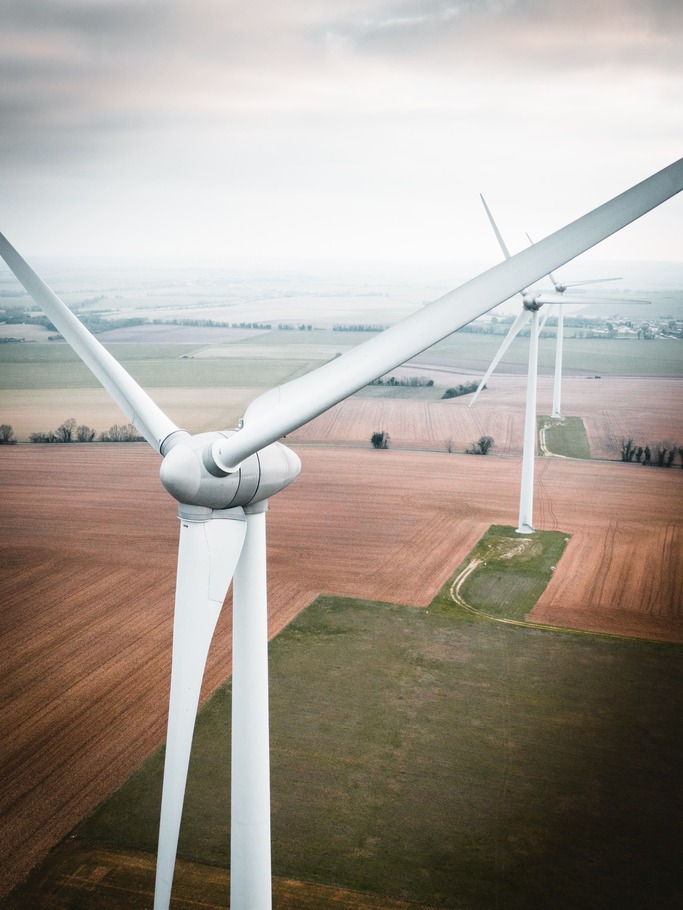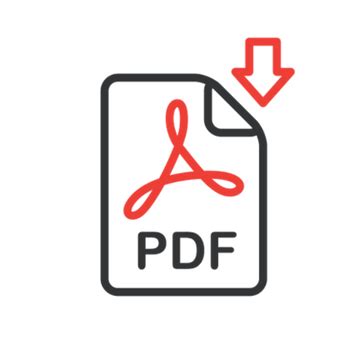Pure heating with biogas is its least efficient use, according to the core statement of the ifeu study. This is correct, which is why the Green Gas certification standards also give preference to its use in combined heat and power (CHP) and in the fuel market. Nevertheless, the use of biogas for heating can make sense and be necessary under certain conditions. For example, when residual and waste materials are used, a wider range of renewable raw materials are used, and strict environmental standards are applied. And if consumers receive comprehensive energy advice at the same time as taking out a biogas tariff.
"Heating by pure combustion is never particularly ecological, whether with biogas, natural gas or oil. All these energy sources would be better used in cogeneration," says Rosa Hemmers, chairwoman of Grüner Strom Label e.V. "To suggest that biogas is to blame is, in my view, problematic. The main problem is the lack of energy efficiency in the heating sector as a whole. Of course, building insulation must be driven forward, and of course solar thermal energy and mini CHP units should be used more in private households. But in the end, we still need a raw material for heating, and it should not be fossil, but renewable. Environmentally friendly biogas produced in this country is a viable alternative for consumers."
In order to better distinguish sustainably produced biogas from glossy eco or climate gas products, Grüner Strom Label e.V. (GSL) developed a sophisticated biogas label and launched it on the market in mid-2013. The aim is to ensure that the biogas is produced in an environmentally friendly manner, to promote regional and decentralized production and distribution structures, and to ensure greater transparency in the biogas market. GSL e.V. developed the certification criteria in close consultation with its supporting associations and experts from the agricultural, energy and waste management sectors.
"If we want to make our energy supply 100 % renewable, the use of biomethane in the heating market is necessary. Not as the only solution, but as one of many sensible building blocks," says Rosa Hemmers.
The VZ NRW report and the ifeu short study can be found at www.vz-nrw.de/biogas.
About Grüner Strom Label e.V.
The Grüner Strom Label e.V. certifies green energy products. The association awards two seals of approval for this purpose: the Green Electricity Label for green electricity with added value and the Green Gas Label for environmentally compatible biogas. The association is backed by seven non-profit environmental and consumer associations and peace organizations. The Green Electricity and Green Gas labels are the only quality seals for green electricity and biogas in Germany that are supported by leading environmental associations.









